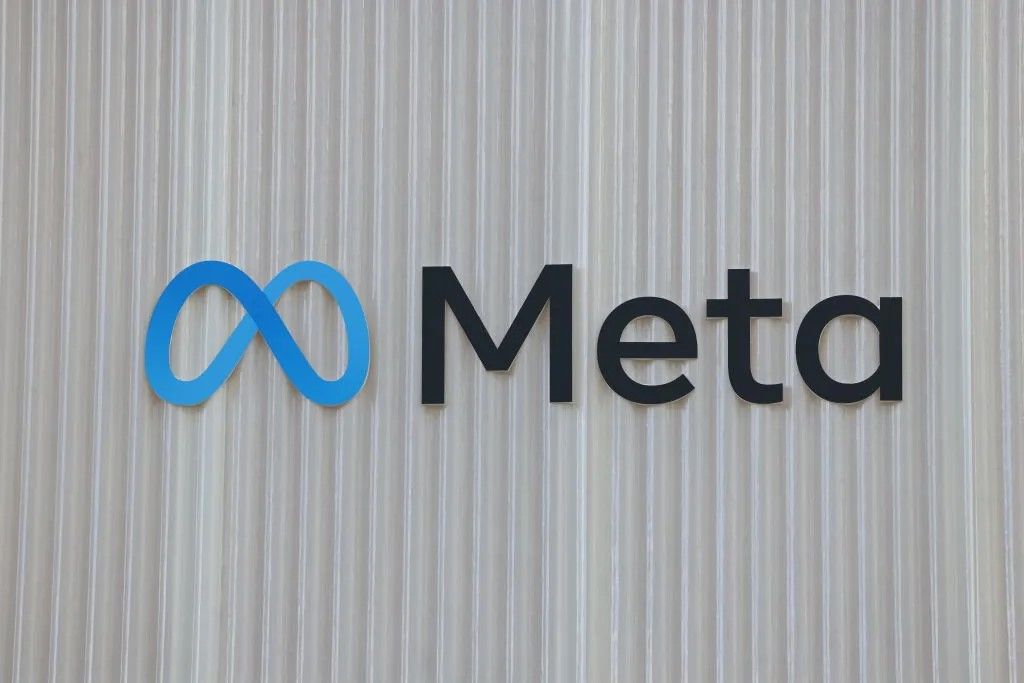Introduction
Meta finds itself at the center of a new controversy after internal documents revealed that approximately 10% of its 2024 advertising revenue, equivalent to around $16 billion, allegedly came from fraudulent ads and prohibited content. According to an investigation conducted by Reuters, this figure raises important questions about the management of Facebook and Instagram's advertising platform and the quality control of ads shown daily to billions of users.
The Details of the Matter
According to Reuters' report based on Meta's internal documents, problematic advertisements would include promotions for fraudulent e-commerce and investment schemes, illegal online casinos, and the sale of banned medical products. These ads would represent a significant portion of the company's advertising business, which generated over $164.5 billion in total revenue in 2024.
The documents cited in the investigation show the company's attempts to measure the prevalence of fraudulent advertising on its social platforms. Specifically, a document dated December 2024 would highlight how Meta annually generates approximately $7 billion from ads classified as "higher risk," meaning clearly deceptive promotions. Each day, according to the analyzed documentation, users would view approximately 15 billion of these higher risk ads.
Meta's Response
A Meta spokesperson contested the conclusions emerging from the investigation, defining the 10% estimate as "rough and overly-inclusive." According to the company, such projection would not represent a definitive or final figure, and subsequent reviews would have revealed that many of these ads actually did not violate company policies at all.
"We aggressively address scam and fraud ads on our apps. Unfortunately, the leaked documents present a selective view that distorts Meta's approach to fraud and scams by focusing on our efforts to assess the scale of the challenge, not the full range of actions we have taken to address the problem."
Meta Spokesperson
The company emphasized that it addresses scam and fraudulent ads "aggressively," although internal documents would suggest concerns about the impact that a sudden removal of these advertisements could have on business projections.
The Financial Context
The revelation comes at a time when Meta is investing heavily in artificial intelligence. Just last week, the company announced that third-quarter sales increased 26% year-over-year, reaching $51.24 billion. Simultaneously, Meta raised the low end of its total expense estimate for the year by $2 billion as part of its massive investments in the AI sector.
This significant economic growth raises further questions about the company's dependence on advertising revenue, including potentially problematic ones. With over $164.5 billion in revenue in 2024, even a seemingly modest percentage like 10% represents a considerable sum that could influence the company's strategic decisions.
Implications for Users and Advertisers
The massive presence of fraudulent advertising on Meta platforms raises concerns for both users and legitimate advertisers. Users are daily exposed to potential scams that could cause financial losses or privacy violations. On the other hand, companies investing in legitimate advertising might see their reputation damaged by association with fraudulent content present on the same platform.
Internal documents would show that Meta is working to reduce the amount of fraudulent ads, but would also highlight the tension between platform security objectives and business projections. This situation illuminates the challenges that large social platforms must face in balancing economic growth and responsibility toward users.
Conclusion
The controversy emerging from Meta's internal documents represents a new chapter in the debate about social platforms' responsibility in moderating advertising content. While the company contests the reported figures and emphasizes its efforts in fighting fraudulent advertising, the issue remains complex and raises questions about the business model based on digital advertising. The future may see stricter regulations and increased pressure on platforms to ensure the quality and safety of ads shown to their users.
FAQ
How much did Meta earn from fraudulent ads in 2024?
According to internal documents cited by Reuters, Meta allegedly generated approximately $16 billion, equal to 10% of total 2024 revenue, from fraudulent ads and prohibited content.
What type of fraudulent advertising circulates on Meta?
Problematic advertisements include promotions for fraudulent e-commerce and investment schemes, illegal online casinos, and the sale of unauthorized medical products.
How did Meta respond to accusations about fraudulent advertising?
Meta contested the estimates, calling them "rough and overly-inclusive," stating that many identified ads did not actually violate company policies.
How many higher risk ads do Meta users see every day?
According to internal documents, users would view approximately 15 billion ads classified as "higher risk" every day on Meta's platforms.
What is Meta's total revenue in 2024?
Meta generated over $164.5 billion in total revenue in 2024, with the third quarter recording sales of $51.24 billion.
Is Meta investing in fighting fraudulent advertising?
According to the company, Meta addresses the problem "aggressively," although documents suggest concerns about the economic impact of a sudden removal of these ads.
